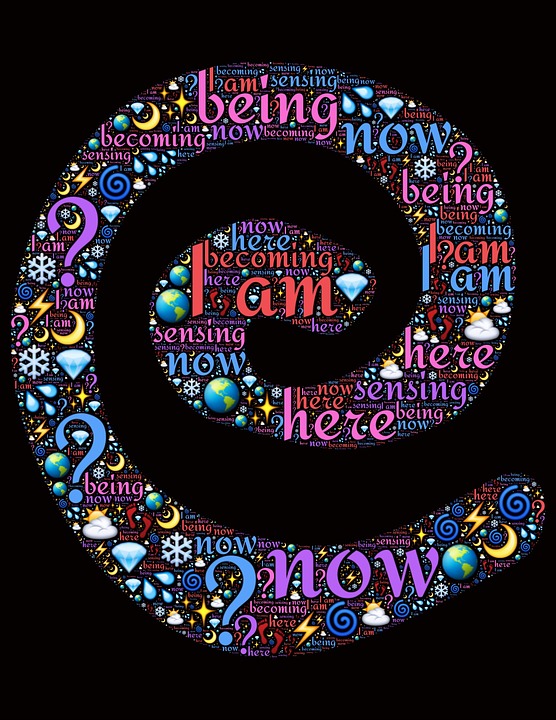In 2011 public awareness of the importance of mental health got greater awareness when Antonio Horta-Osorio, the Lloyds bank CEO, took eight weeks off with the consent of the board. Anxiety over the precarious position of the bank was affecting his ability to sleep. He was getting less and less sleep and so started suffering from exhaustion. It got to a point where he could not sleep at all, which was torture. It also meant he was not able to perform his role.
Such public examples like this help to de-stigmatise the issues around mental health. Interestingly some research suggests that 1 in 3 people will suffer with a mental health issue in their lifetime. Yet it is a risk to speak out because even with Horta-Osorio there were many that judged him as weak and not up to the job for doing what he did.
What are the signs to look out for?
If you notice a colleague or loved one becoming more withdrawn and perhaps doing even less physical exercise, changing their eating patterns and maybe drinking more, that could be cause for concern.
Anxiety and stress are natural responses if you feel under threat. Just this week a woman in Merseyside walked into her bathroom to find an eight foot long boa constrictor coiled round her bath. She screamed and ran downstairs. This is a perfectly normal reaction to finding a snake in your bathroom!
Have you ever experienced a whole morning or a whole day going by and found yourself unable to do anything because you were paralysed by fear? Everyone worries from time to time but when those worries swamp you so that you can no longer see a situation clearly or you avoid certain situations then it is starting to affect your mental health.
What’s happening…
We all have around 60,000 thoughts a day but you are not aware of all of them. What happens is that whilst some just drift through your mind like clouds, others stay. You can become fixated with a thought.
For example if you have a situation which you feel did not go well, you may well criticise yourself. Have you ever told yourself that you are useless or worthless? In that state you may even take away something that gives you joy telling yourself that you don’t deserve to watch a football team.
In this way you are punishing yourself and from there you feel low or demoralised. You may well replay what went wrong over and over like a tape in your mind. It is very likely that you will distort the truth making the situation worse than it actually was. Then it is one step to making a generalisation like I always behave that way in that type of situation.
Everything is now starting to feel hopeless and you are full of self-loathing. It feels harder to achieve anything. You do even less and feel even worse about yourself. Before you know it you have created the nightmare scenario you were worrying about.
This describes the negative spiral that people go through. It can start with a doubt and a worry. As you go deeper into the darkness, it can end in full blown depression.
How do you change that cycle?
Life is a spiral so things come round again to give you another opportunity to look at it differently. Rather than see it all as repeating patterns, change your perspective and look at the challenges as a way of seeing how far you have come already.
It’s much easier to maintain good mental health if you treat it like physical health. Just as you might go to a gym regularly or take some form of exercise then that’s what you need to do for your mind.
It’s about planning regular slots of self-care. As Gandhi said he meditated for an hour a day and when he was really busy he meditated for two hours a day. When you have a lot of pressure in your external environment then you need a plan of radical self-care.
Rumi said welcome every feeling that comes to your front door; invite it into your home as a guest. That is because if you allow yourself to feel the emotion then it will flow through you. It is only when you become addicted to it, avoid it or allow yourself to be distracted through drinking and eating that you prolong the pain.
Addiction, avoidance and distraction patterns occur because your ego is trying to protect you and to control the external environment. Unexpected things happen to everyone and you cannot stop that. What you are able to do is to decide how you will respond to what’s happening.
Building emotional resilience starts with acknowledging that you are responsible for what you choose to feel in any given moment. This is much easier when you take a moment to focus on your breath before reacting to what’s going on. If you can, feel gratitude for that breath, it’s life giving.
Of course strong patterns of behaviour can be difficult to break and I would recommend that if it’s affecting the quality of your life this is the time to get in touch with a therapist that can help you. Colour is a wonderful tool for breaking these habits because it helps you re-member who you are really so that you can let go of the story that you have made up. It is not what’s really going on. We are never alone. As the anti-spiral graphic’s deep meaning signifies: it is the symbol of the gathering of the people of the world back together again according to indigenous teaching.

